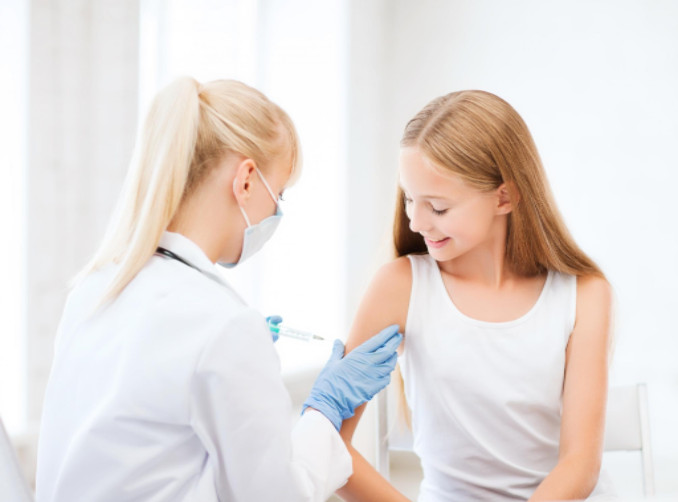
If you have a daughter approaching her preteen years, you may be wondering if she should be vaccinated against HPV (human papillomavirus).
According to the CDC, HPV is currently one of the most common sexually transmitted infections, with approximately 14 million people newly infected each year. In most cases, the immune system will fight off the infection before any serious health risks can occur, but there are instances where it progresses and can cause cervical, vaginal or penile cancer. HPV can also lead to genital warts.
HPV is currently the leading cause of cervical cancer, so protecting your daughter from being infected with the virus is very important to her overall health.
Concerns Surrounding the HPV Vaccine
There is growing concern about the safety of the vaccines—Gardasil and Cervarix—that protect against HPV. Some young women have reported serious reactions to the vaccine, leaving many women wondering if they should avoid it altogether.
The main concern is whether or not the vaccine causes an increased risk of developing certain autoimmune disorders and blood clots. The rate of serious reactions reported, however, is 0.3 per 10,000 doses.
So, Is It Safe?
As with any vaccine, there are often reactions following administration, but these reactions are usually very minor, such as low fever, nausea and tenderness around the injection site. Both Gardasil and Cervarix have been approved by the FDA and have gone through several trials to test for any major adverse reactions.
Katie Couric, cancer advocate and journalist, explains in the Huffington Post:
In large clinical trials, Gardasil has been shown to significantly reduce the chance that women will develop the cervical, vaginal, and vulvar abnormalities that precede cancer. Similarly, it has been shown to reduce the rates of the tissue abnormalities that precede anal cancer in men.
While there have been some select instances of serious reactions, most researchers and doctors agree that the benefits outweigh the potential risks.
Whether you decide to vaccinate against HPV or not, it’s important to remember that the vaccine does not take the place of annual pap smears. Pap smears are still necessary in order to detect any abnormalities or signs of cervical cancer.
If you have questions or concerns regarding HPV or the Gardasil vaccine, please schedule an appointment to talk with one of our knowledgeable women’s health physicians. We want you to be confident in your decision about this issue and rest assured that you or your loved one will be protected.


